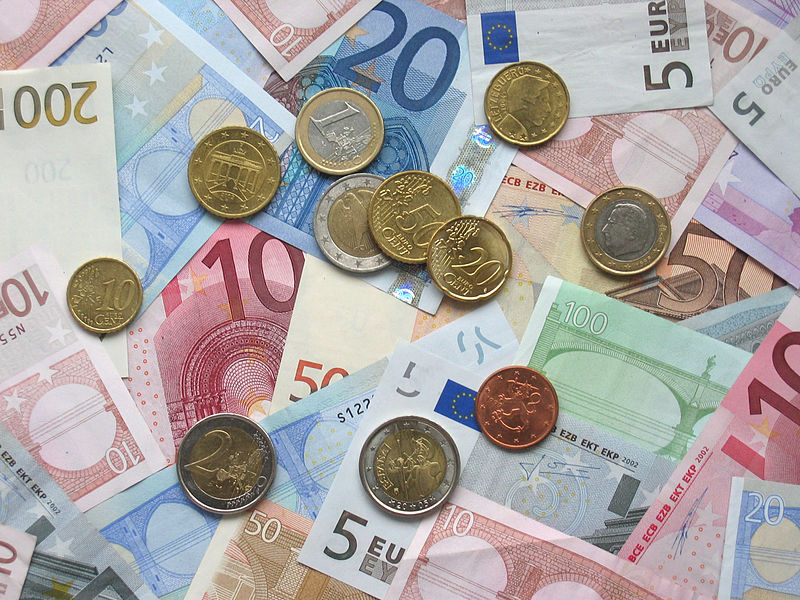Before it was excluded from public funding by s.6 (6) and para 1 (1) (h) of Sched. 2 to the Access to Justice Act 1999, legal aid was available for intellectual property matters. It is my experience as an advisor to start-ups and other small businesses that those provisions have inhibited enterprise and innovation in the United Kingdom. That is because litigation in the adversarial system is considerably more expensive than in the inquisitorial one (see the table on page 50 of "The Enforcement of Patent Rights" by the Intellectual Property Advisory Committee). Moreover in the UK unlike the USA where costs are similar the losing party usually has to bear the winning party's costs.
That may change. Art 71 (1) of the Agreement on a Unified Patent Court of 19 Feb 2013 ("the UPC Agreement") provides:
"A party who is a natural person and who is unable to meet the costs of the proceedings, either wholly or in part, may at any time apply for legal aid. The conditions for granting of legal aid shall be laid down in the Rules of Procedure."The draft Rules of Procedure that have been prepared by representatives of states that have signed the UPC Agreement amplify and apply that article.
Rule 375 (1) of the draft Rules enables the UPC to grant legal aid in order to achieve effective access to justice. Paragraph (2) adds that such aid may be granted in respect of any proceedings before the court. Subject to the level set by the Administrative Committee (one of three committees established by art 11 of the UPC Agreement to ensure the effective implementation and operation of that agreement) under art 71 (3), the following costs may be covered by virtue of rule 376 (1):
"(a) court fees;Also, and again that is subject to the level set by the Administrative Committee, rule 376 (2) provides that legal aid may also cover the costs awarded to the successful party if the applicant loses the action. That was never possible under the Legal Aid Act 1988 and it would avoid many of the difficulties that arose under that statute. Rule 376A (1) limits the maximum amount to be paid for representation pursuant to rule 376.1(b) to the maximum amount of recoverable costs under art 69(1) of the UPC Agreement and rule 152.2. The Administrative Council may set a lower level after taking into account necessary costs for legal representation and the need to guarantee adequate access to justice.
(b) costs of legal assistance and representation regarding:
(i) pre-litigation advice with a view to reaching a settlement prior to commencing legal proceedings;(c) other necessary costs related to the proceedings to be borne by a party, including costs of witnesses, experts, interpreters and translators and necessary travel, accommodation and subsistence costs of the applicant and his representative."
(ii) commencing and maintaining proceedings before the Court;
(iii) all costs relating to proceedings including the application for legal aid;
(iv) enforcement of decisions;
Legal aid will be confined by rule 377 (1) to natural persons who are EU citizens or citizens of other states lawfully resident in the EU and who meet the following conditions:
(a) they are wholly or partly unable to meet the costs referred to above owing to their economic condition; andThe Administrative Committee may set thresholds under rule 377 (2) above which applicants shall be deemed to be wholly or partly able to pay the costs. That shall not however prevent their proving otherwise by reason of the high cost of living in their member state of domicile or habitual residence. All relevant circumstances are to be taken into account under rule 377 (3) including the importance of the action to the applicant and also the nature of the action when the application concerns a claim arising directly out of the applicant’s trade or self-employed profession.
(b) the action in respect of which the application for legal aid is made has a reasonable prospect of success, considering the applicant’s procedural position; and
(c) the person applying for legal aid is the patentee, an exclusive licensee or otherwise entitled to bring an action under art 47 of the UPC Agreement.
Rule 378 prescribes the way in which applications for legal aid are to be made and rule 378A the evidence to be adduced in support. Rule 379 sets out the process by which the application is to be assessed and a decision taken. Assisted parties are required by rule 379A promptly to report changes of circumstances. Legal aid may be withdrawn under rule 380 subject to a right of appeal which is provided by rule 381. Costs awarded against an unsuccessful unassisted party can be recovered under rule 382 (1). An assisted party may also be required to pay back any moneys paid to him if his legal aid is withdrawn by virtue of art 382 (2).
I shall mention the availability of legal aid in my talk on the UPC and the unitary patent in chambers on 4 Feb 2016 which I mentioned in Preparing for the Unified Patent Court 23 Jan 2016 NIPC Law. If you would like to attend that talk please call Steve Newbery on 020 7404 5252 or email clerks@4-5.co.uk.
Further Reading
|
Date
|
Author
|
Title
|
Source
|
|
|
Preparatory
Committee
|
UPC website
|
|
|
23 Jan 2016
|
Jane Lambert
|
NIPC Law
|
|
|
26 Jan 2016
|
Jane Lambert
|
IP North West
|


No comments:
Post a Comment